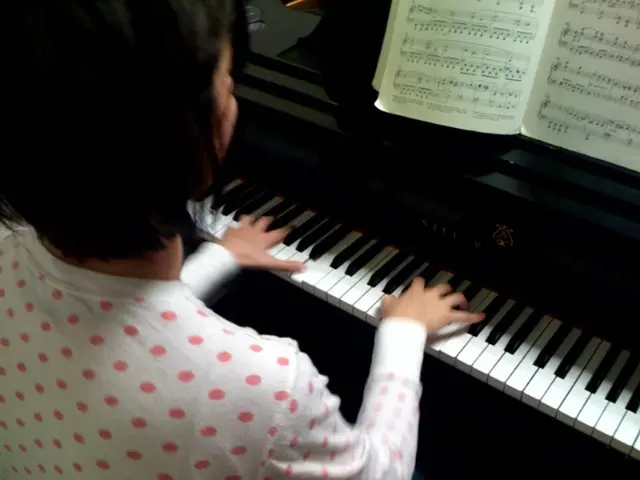Trump escalates criticisms toward Harvard University, as a federal court halts action aimed at revoking visas for international students amidst the pandemic.
U.S. President Donald Trump returns to the White House as Marine One lands on the South Lawn on May 25, after delivering remarks to the media. The ongoing feud between Harvard University and the Trump administration escalates, with the administration freezing $3.2 billion in federal grants and revoking the university's certification to enroll international students under the Student and Exchange Visitor Program (SEVP).
The administration's actions have left Harvard vulnerable to significant financial losses and potential student exodus, as international students account for over a quarter of the university's student body. In response, Harvard filed a lawsuit arguing that the administration's measures violate the First Amendment rights of the university. The lawsuit accuses the administration of targeting Harvard with arbitrary, irrational, and unilateral decisions.
Temporary relief has been granted to Harvard by a federal judge, who blocked the administration from enforcing the revocation of the university's ability to enroll international students. The judge cited the potential immediate and irreparable harm to Harvard as justification for the order. Further hearings are scheduled to determine whether the restraining order will be extended.
The feud is centered on allegations of Harvard's failure to meet federal compliance requirements and an allegedly hostile environment toward Jewish students. Harsh rhetoric from President Trump, including a suggestion to reallocate the withheld funds to trade schools, further fueled the controversy. Meanwhile, Harvard maintains that its mission is being undermined by the administration's actions.
Such decisions regarding federal funding and immigration status raise questions about academic freedom, self-governance, and the ideological direction of universities. The ongoing legal battle between Harvard and the Trump administration continues to unfold, with the fate of Harvard's large international student population and research funding hanging in the balance.
- The politics of education and international relations have become entangled in the ongoing feud between Harvard University and the Trump administration, with the administration's policy-and-legislation targeting the university's federal funding and international student enrollment.
- Amidst general news headlines, the administration's actions have sparked concerns over academic freedom and self-governance within university structures, as well as the potential impact on the economy, technology, and culture that stem from educational institutions.
- Intertwined with international politics, the feud raises questions over the government's role in shaping culture and the disagreement between the administration's policies and those of prestigious institutions like Harvard has led to heated debates on federal compliance and the protection of First Amendment rights.
- The unfolding legal battle between Harvard and the Trump administration is not only influencing the university's financial stability but also setting important precedents for policy-and-legislation involving higher education, international students, and standards of compliance.
- Beyond the individual case, this controversy serves as a significant event in the broader narrative of politics, triggering discussions on government intervention in education, the rights of universities to self-govern, and the impact of international students on American campuses.






